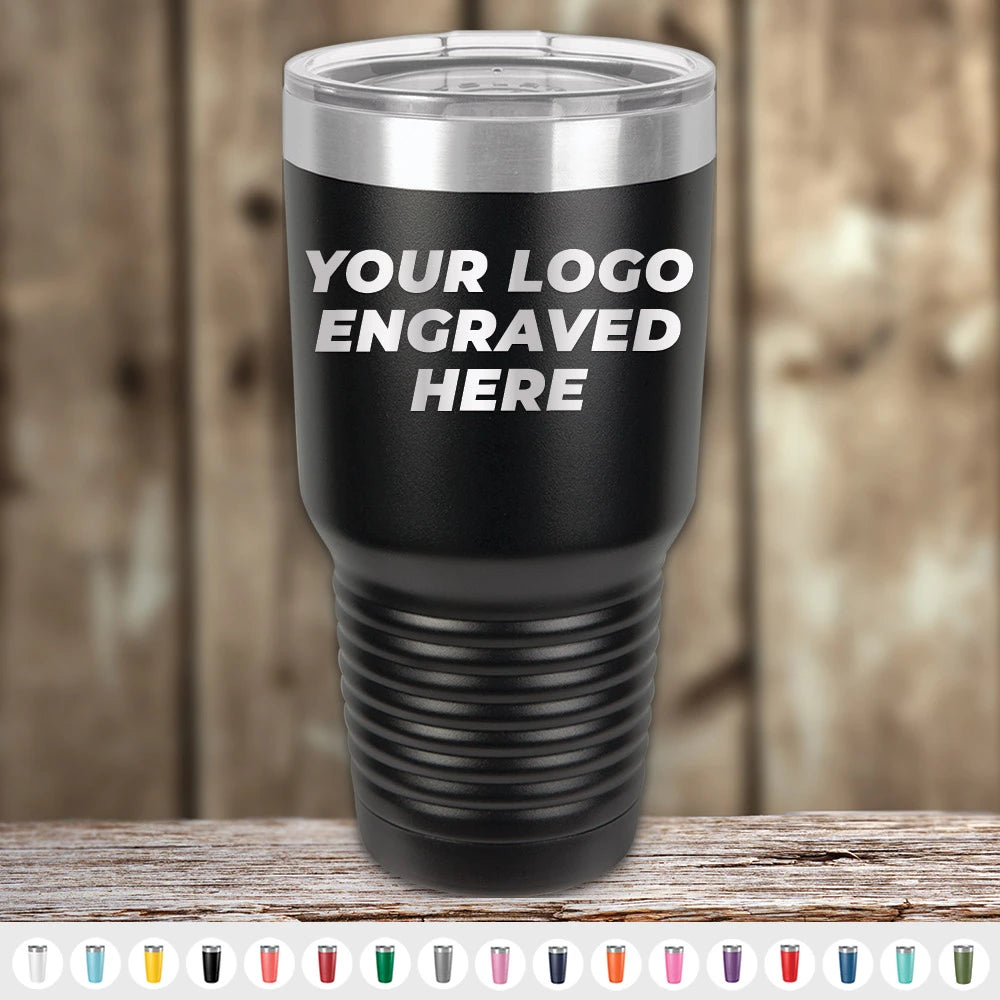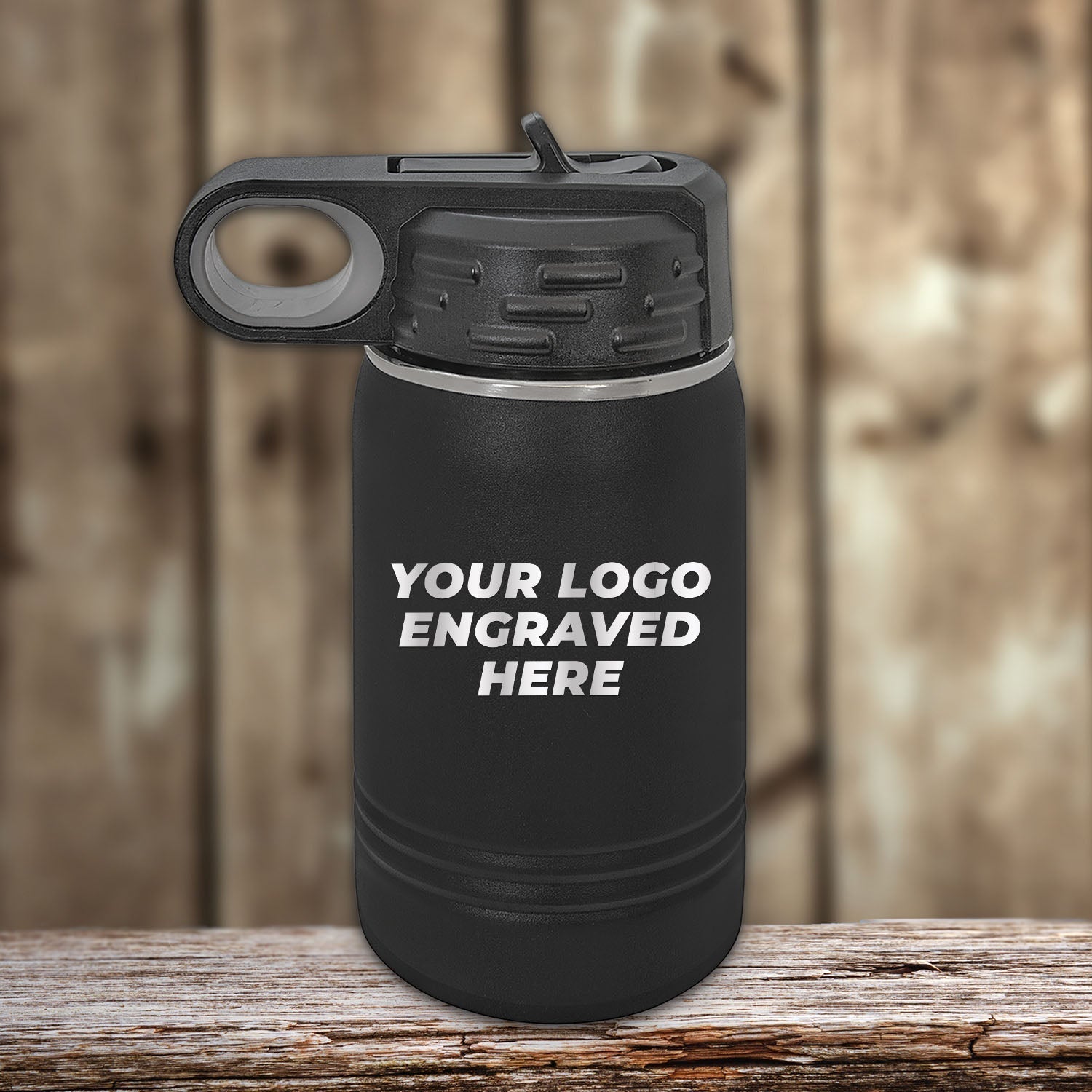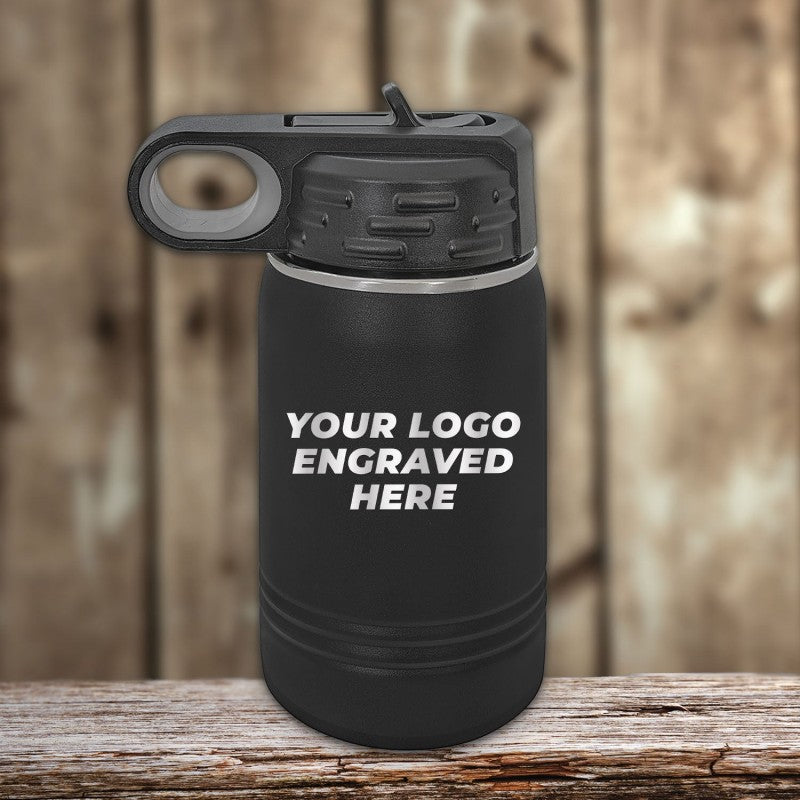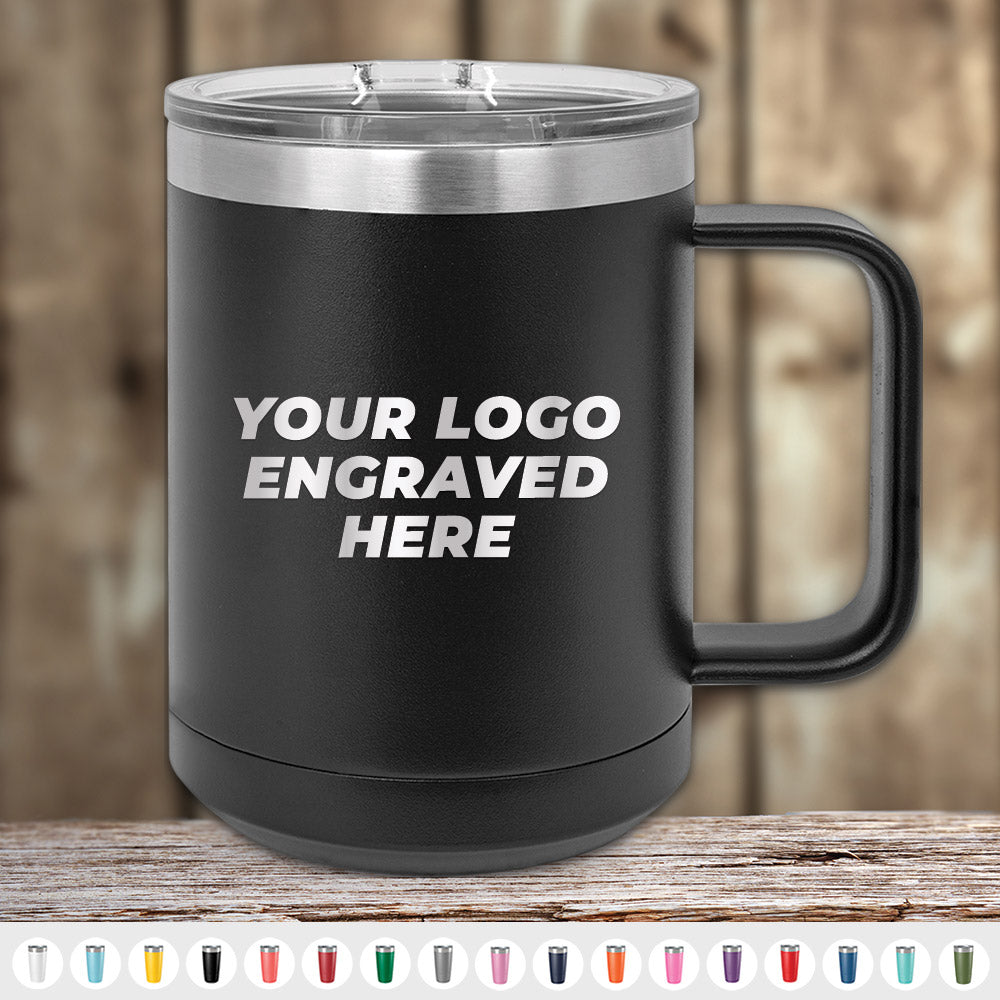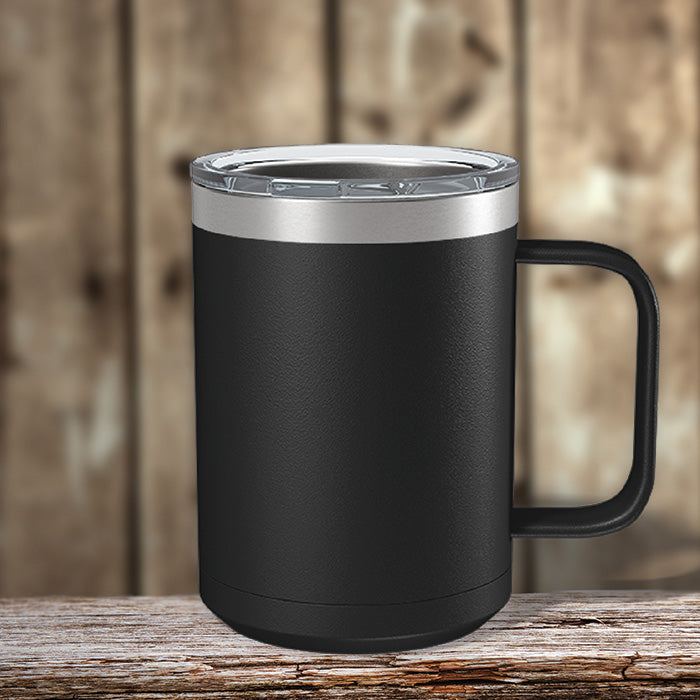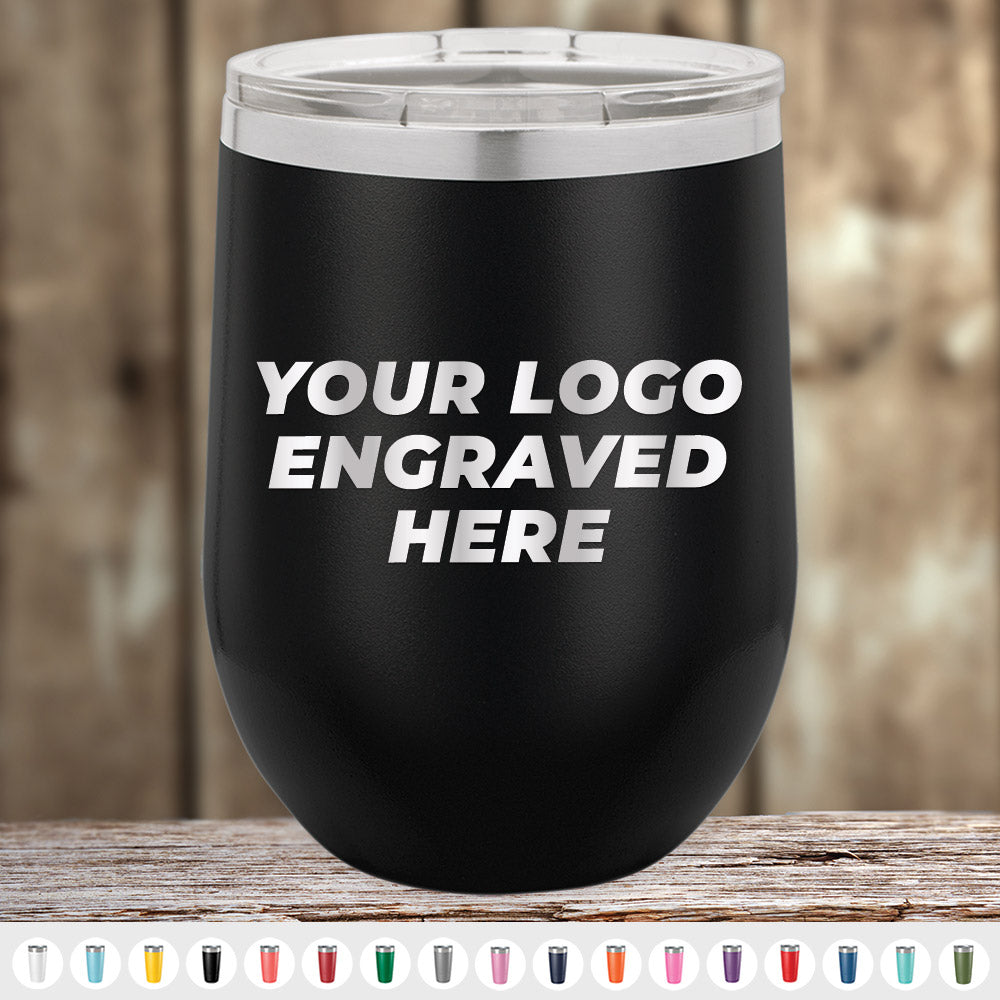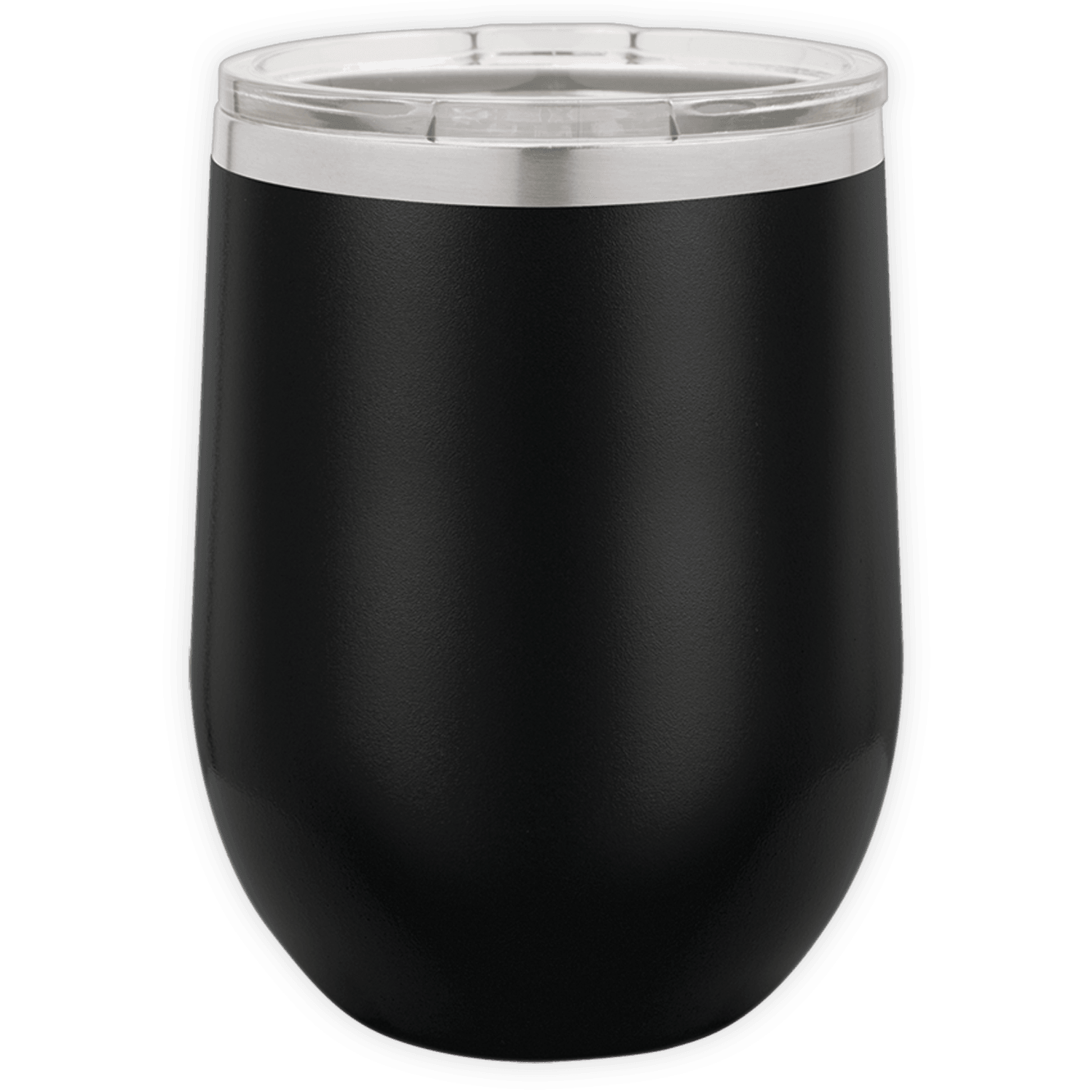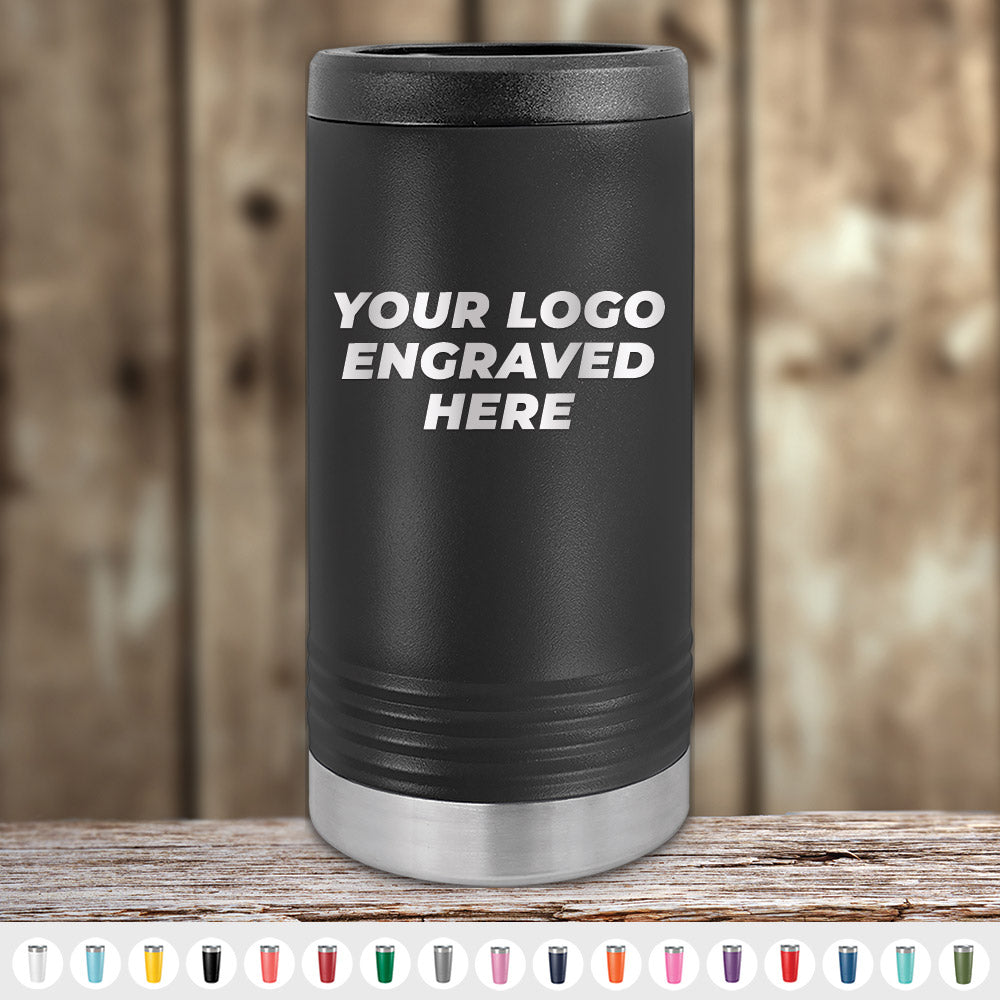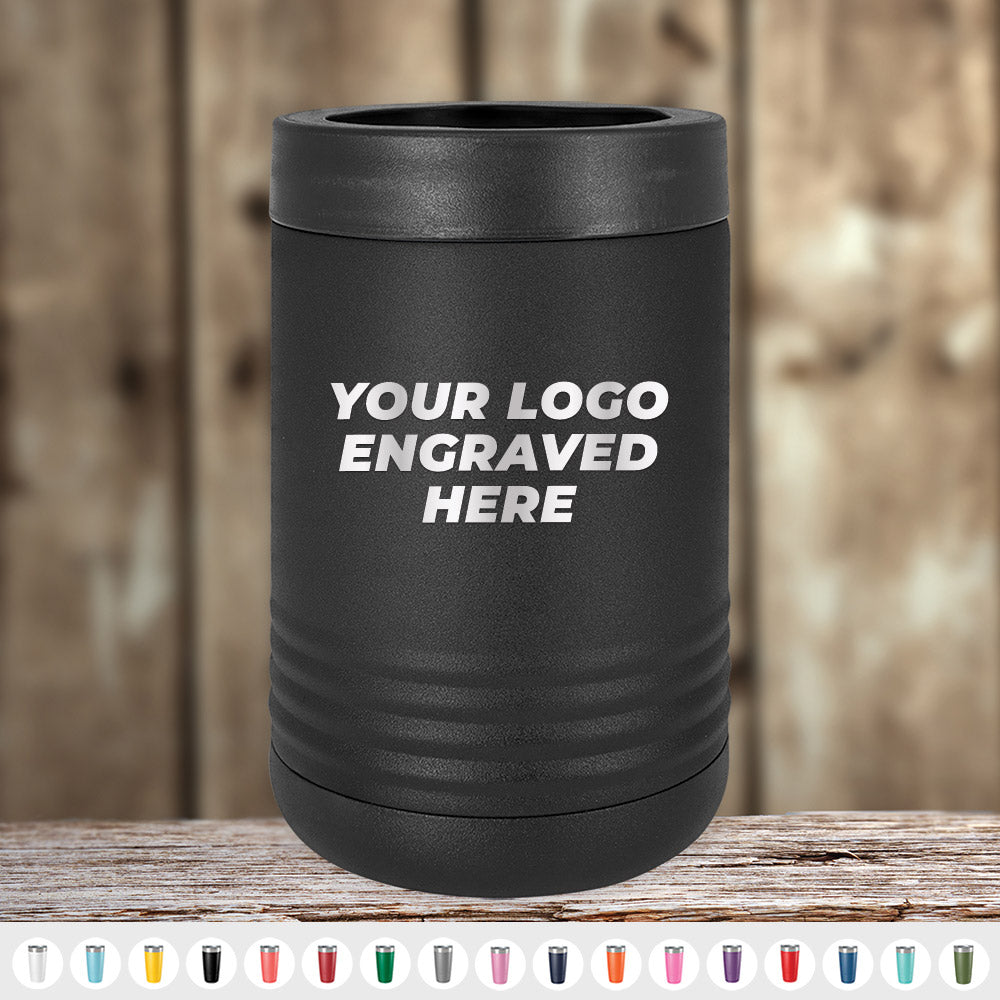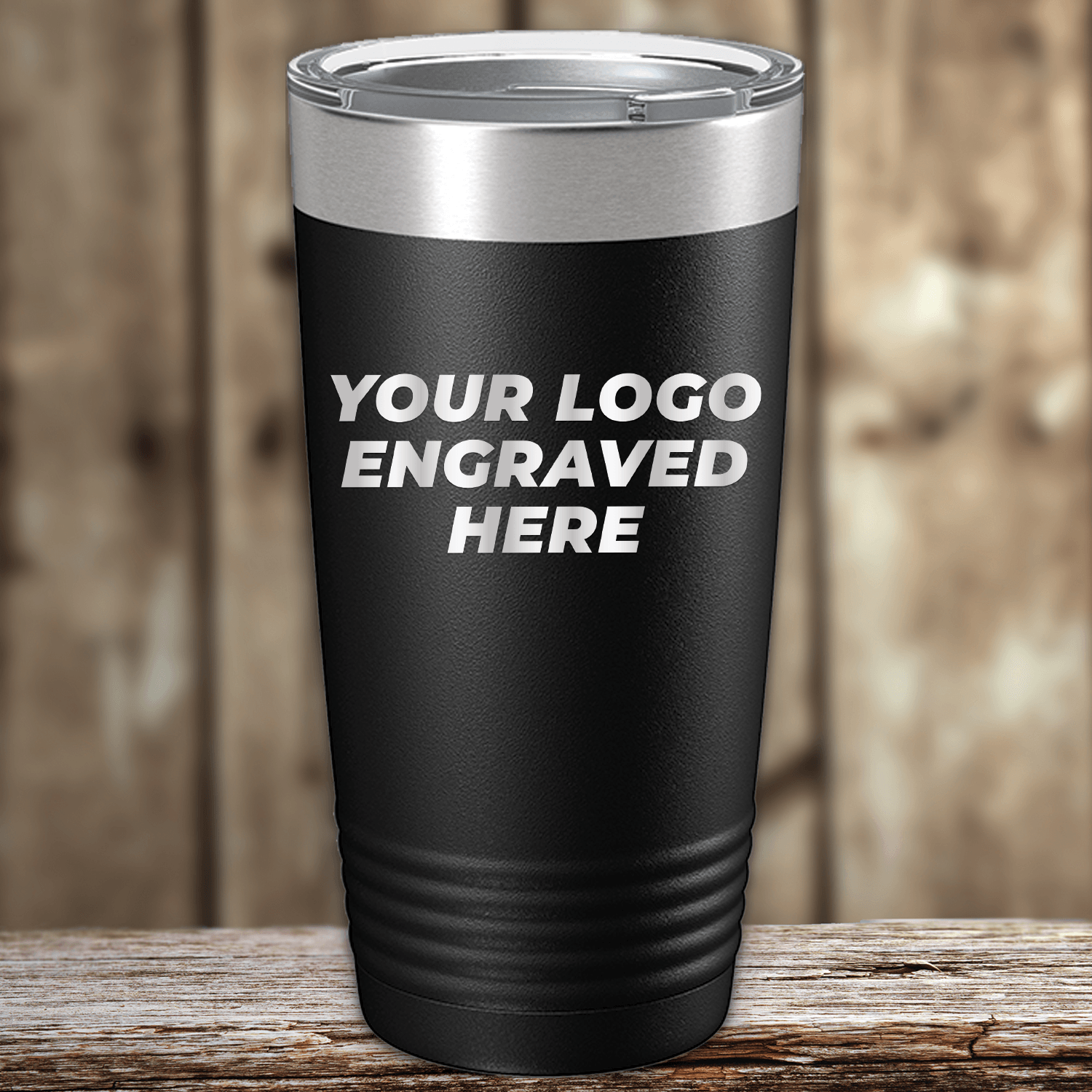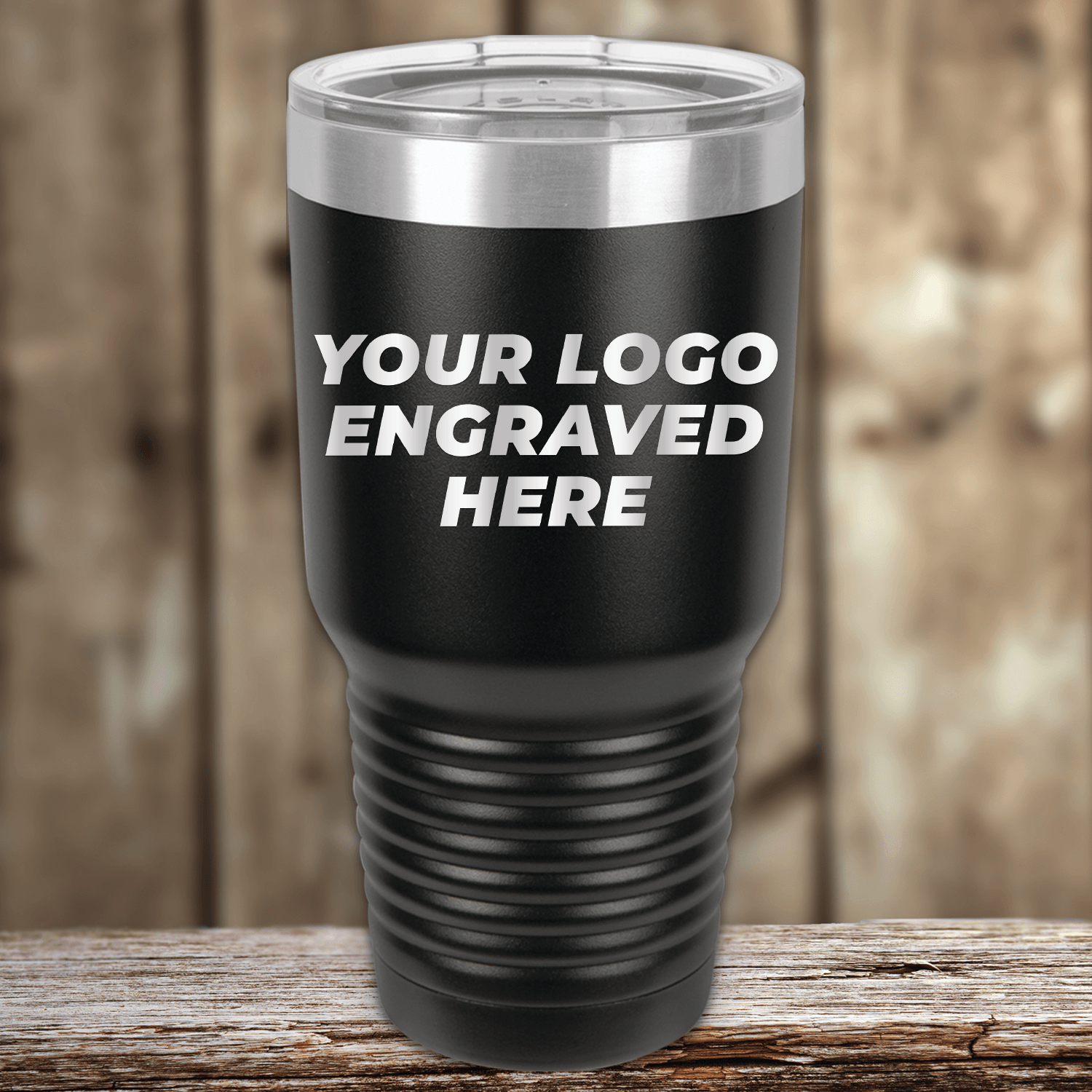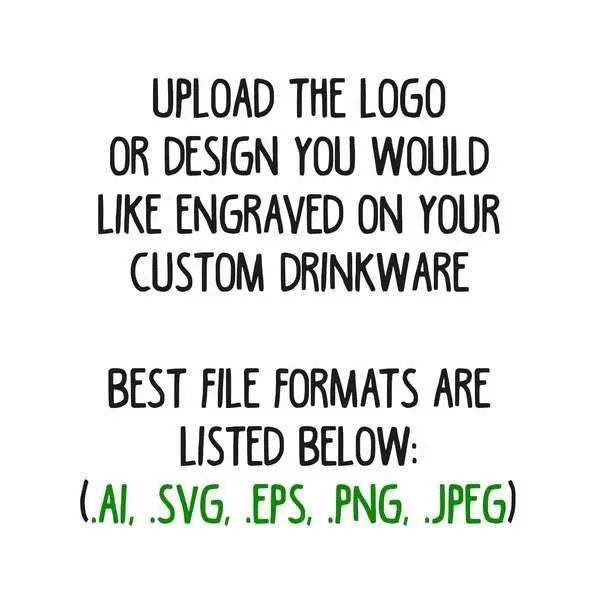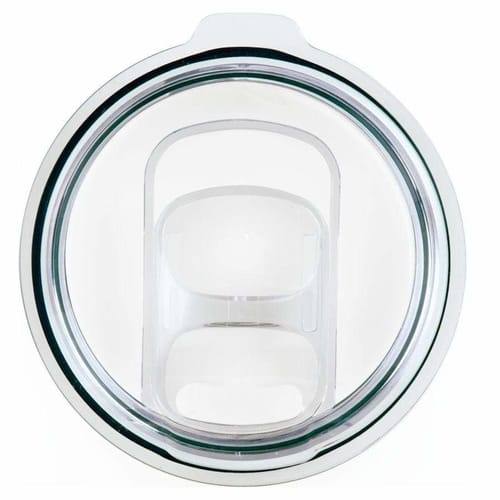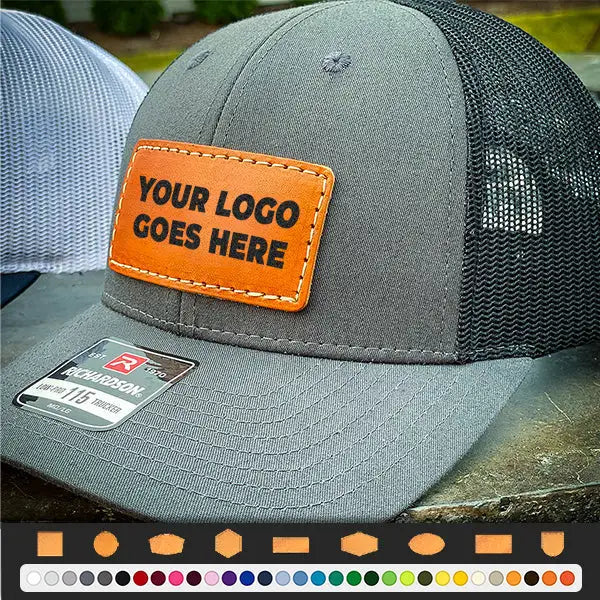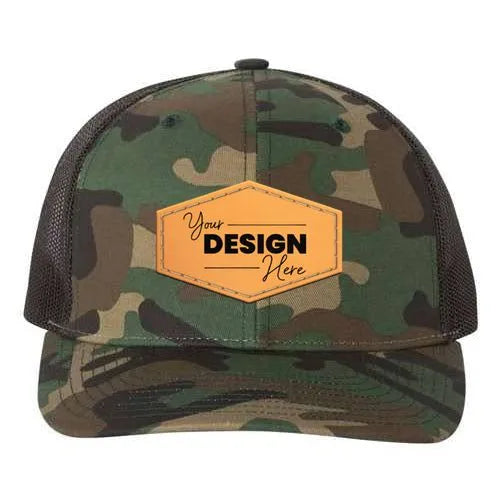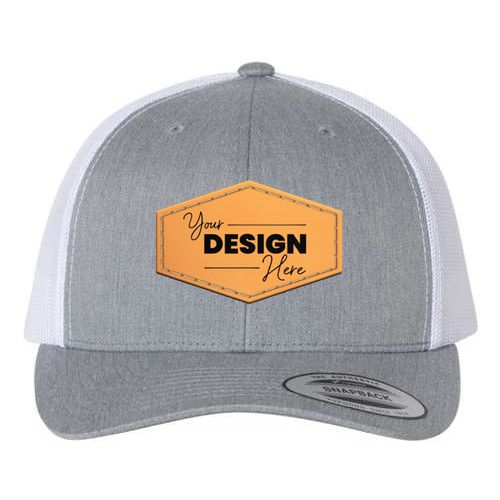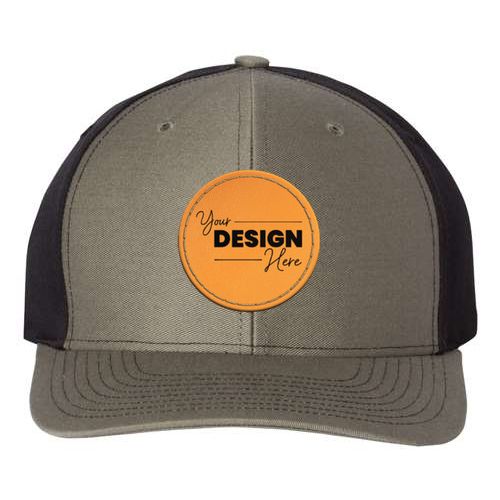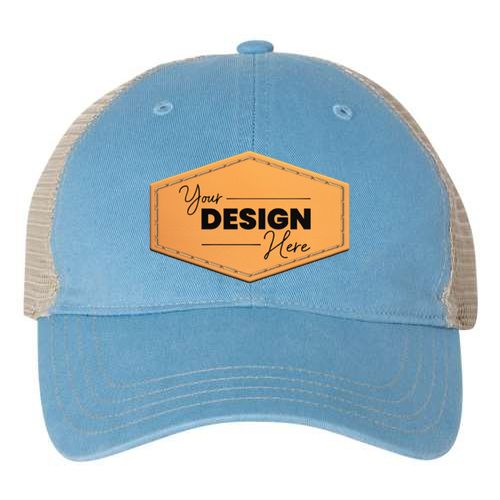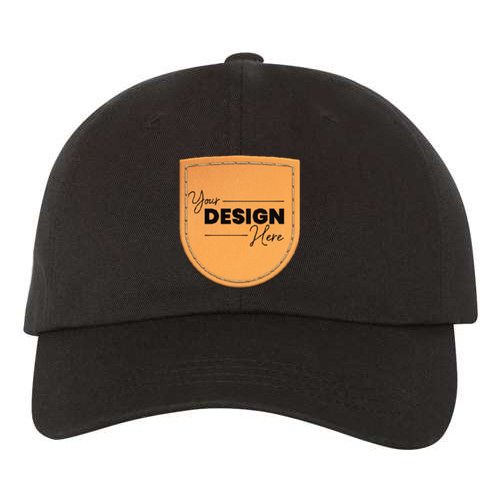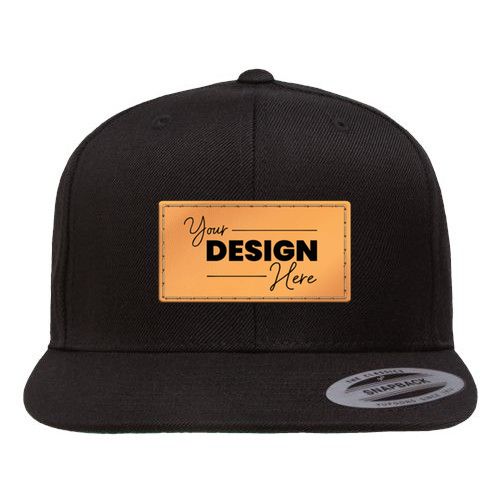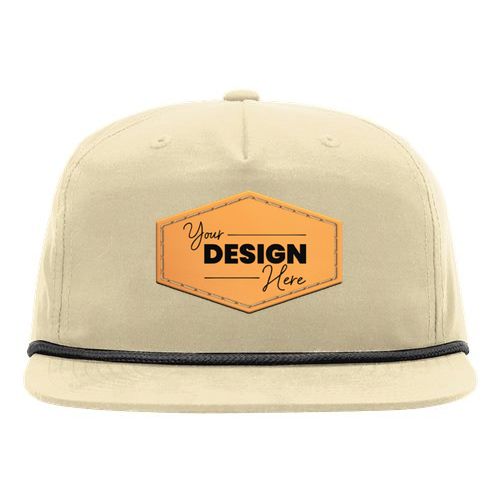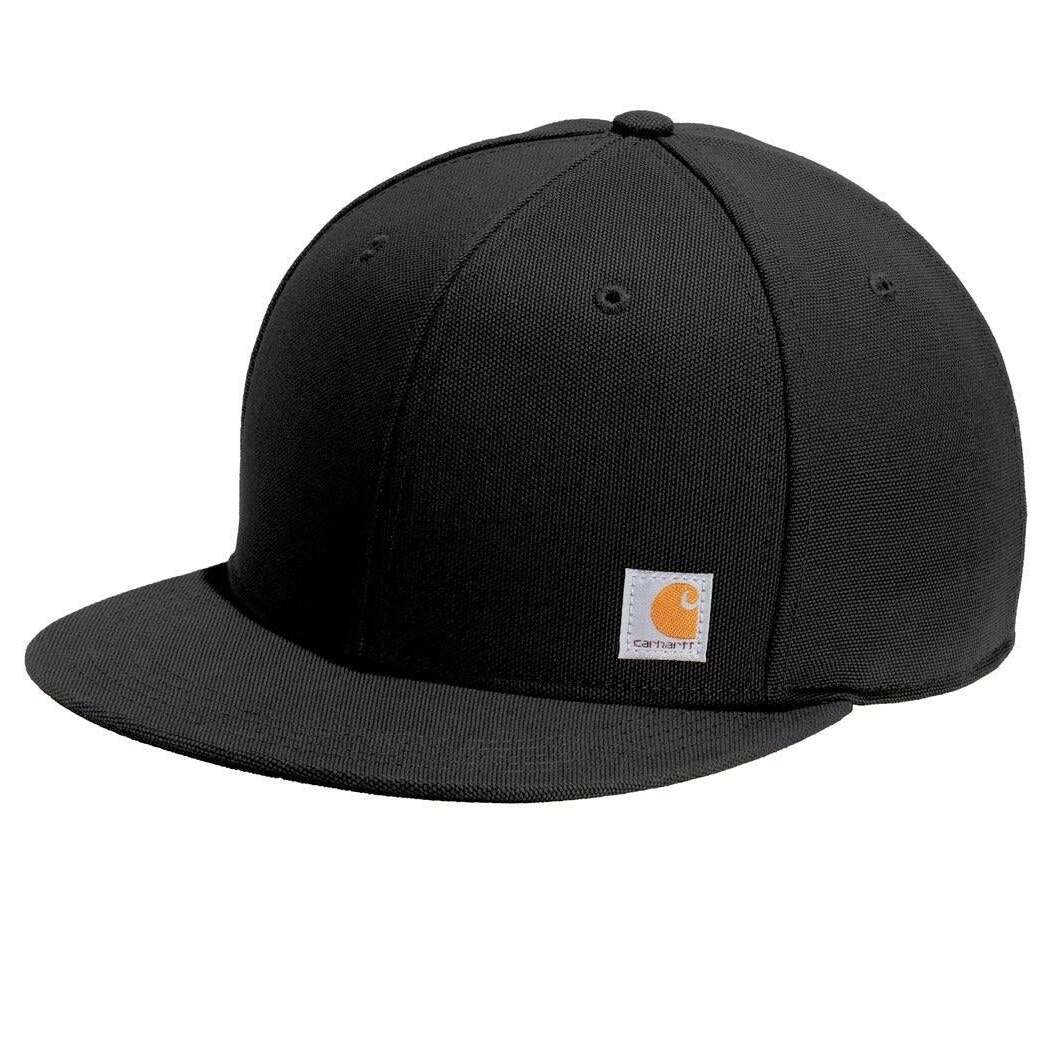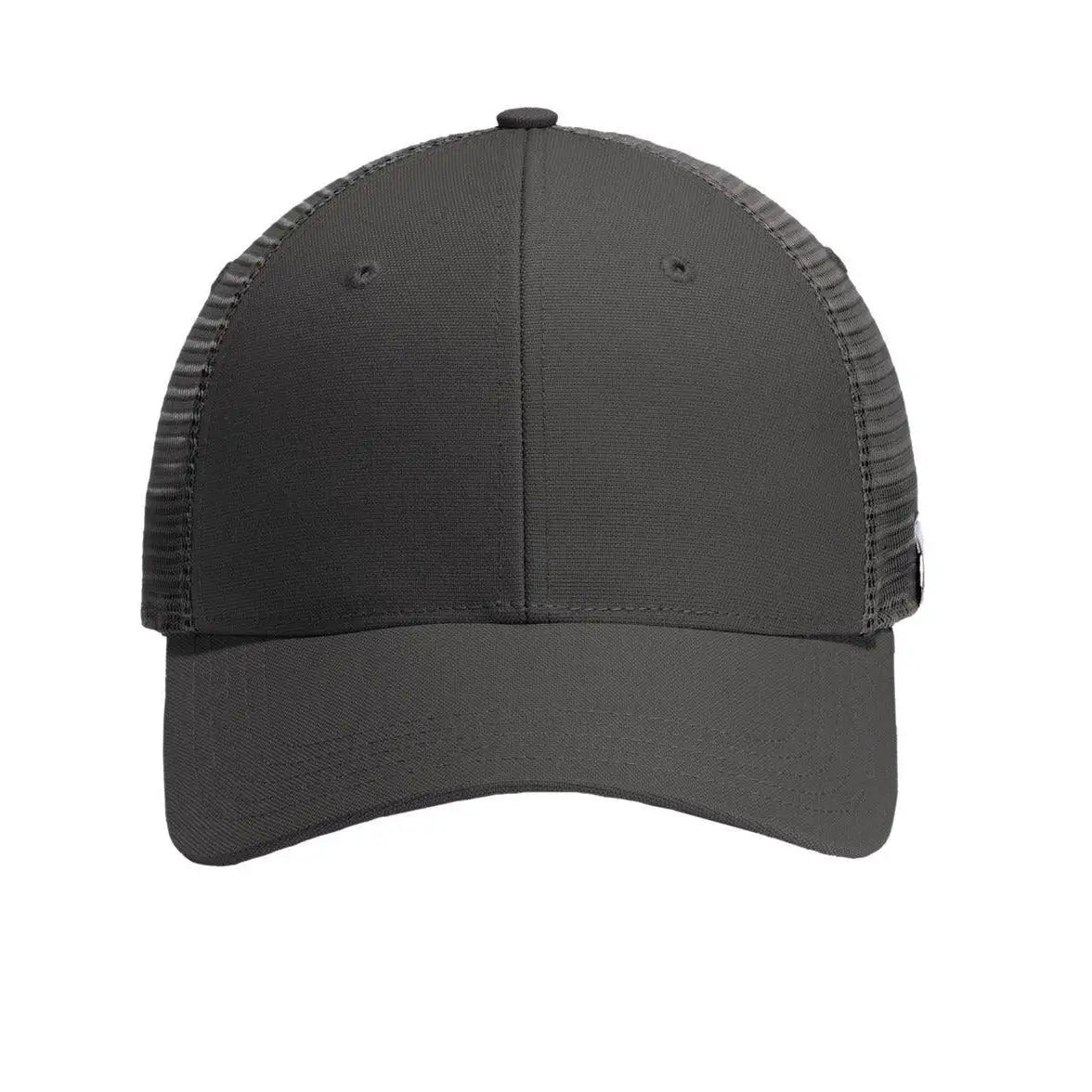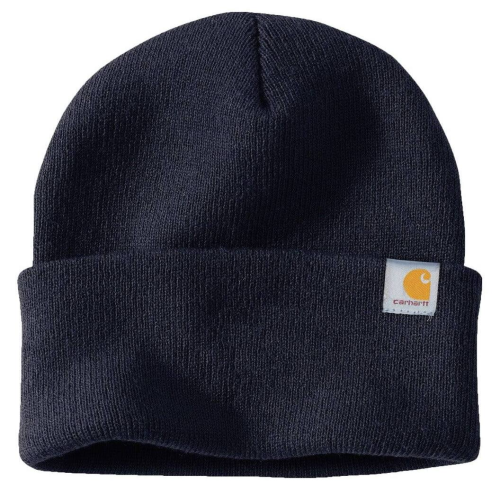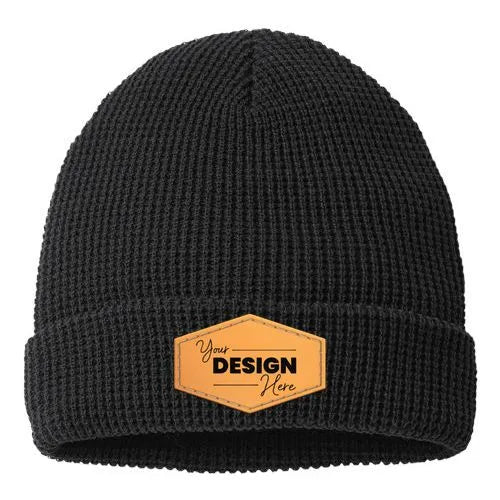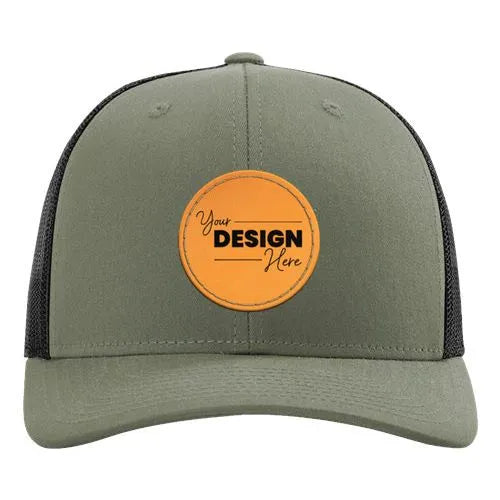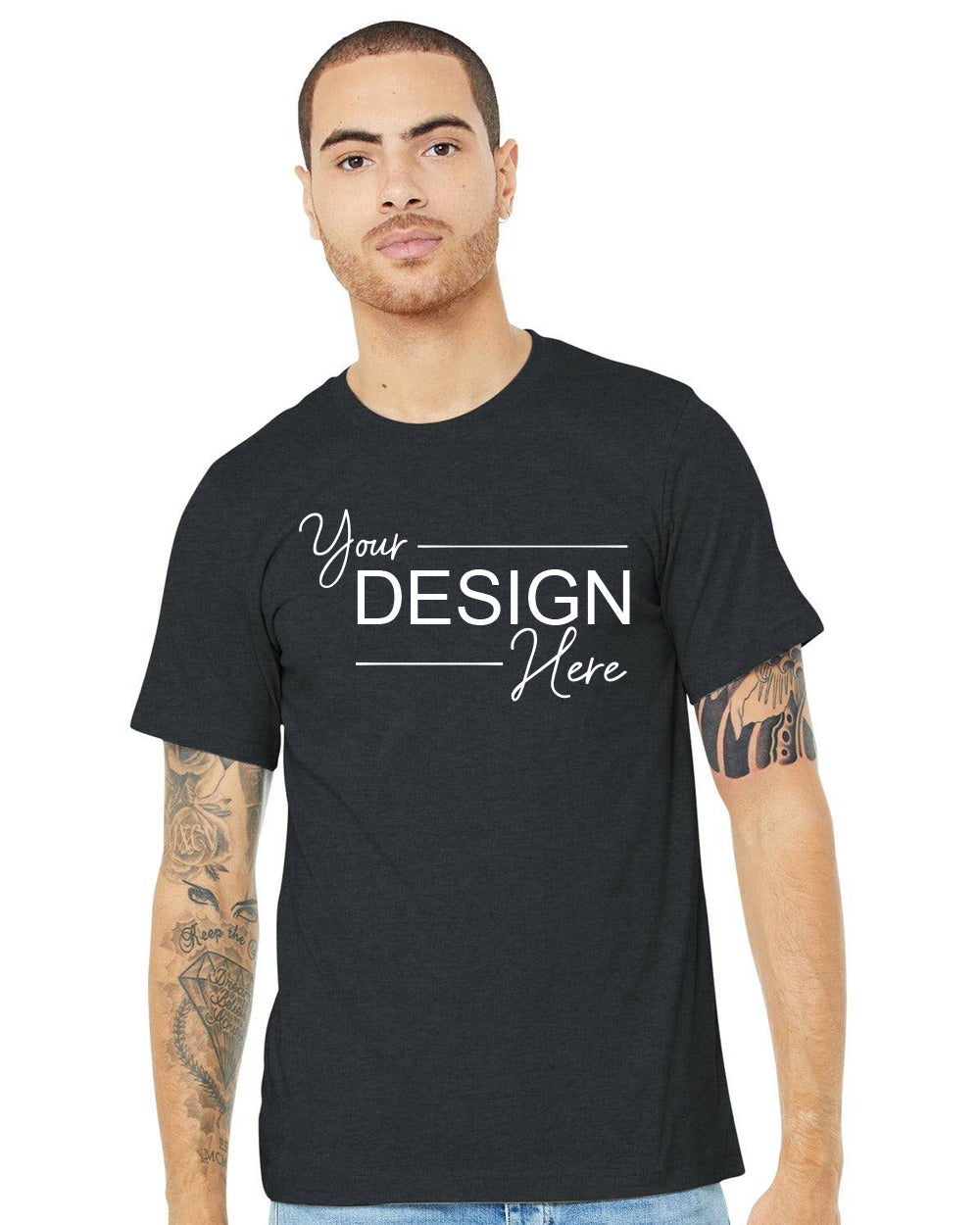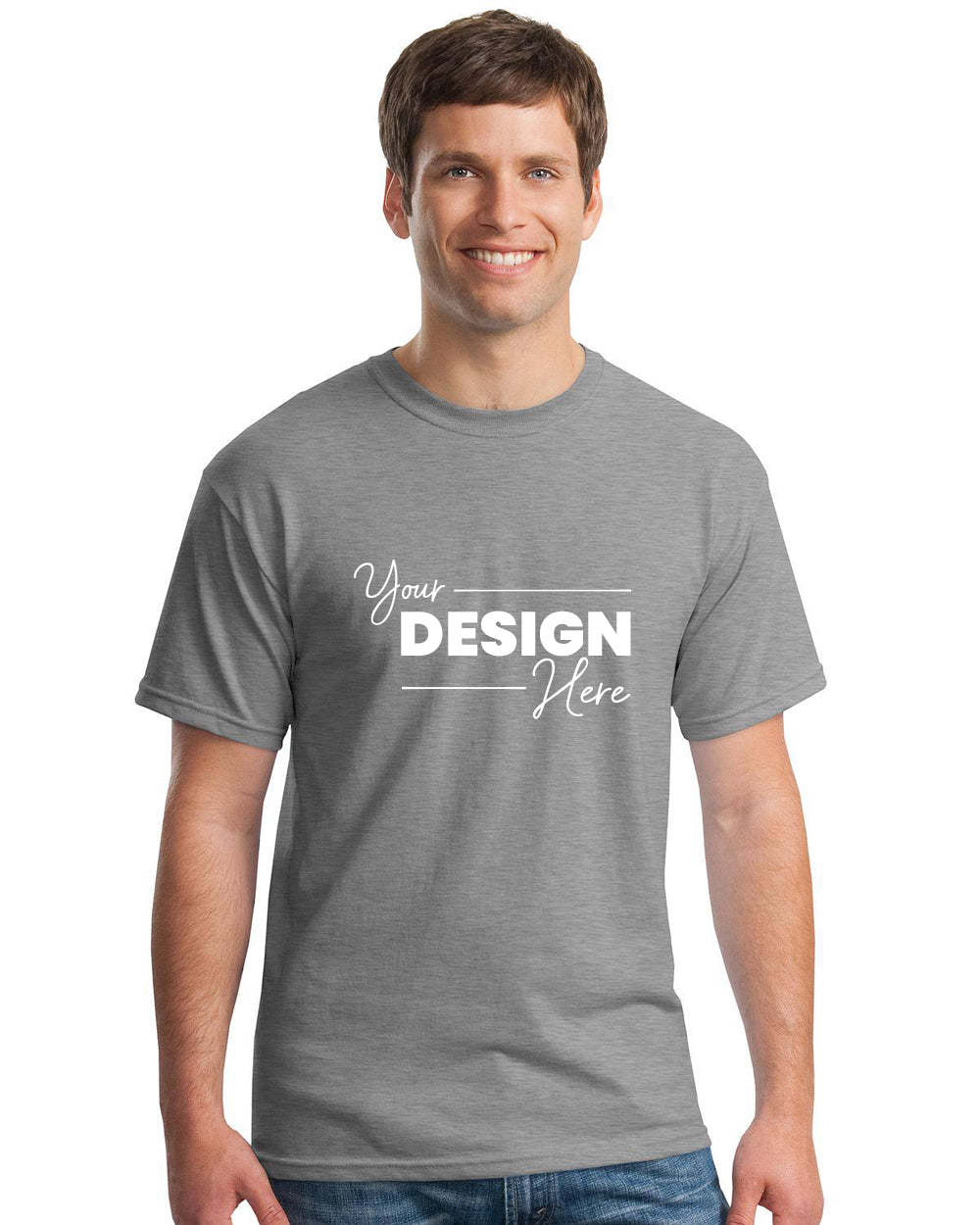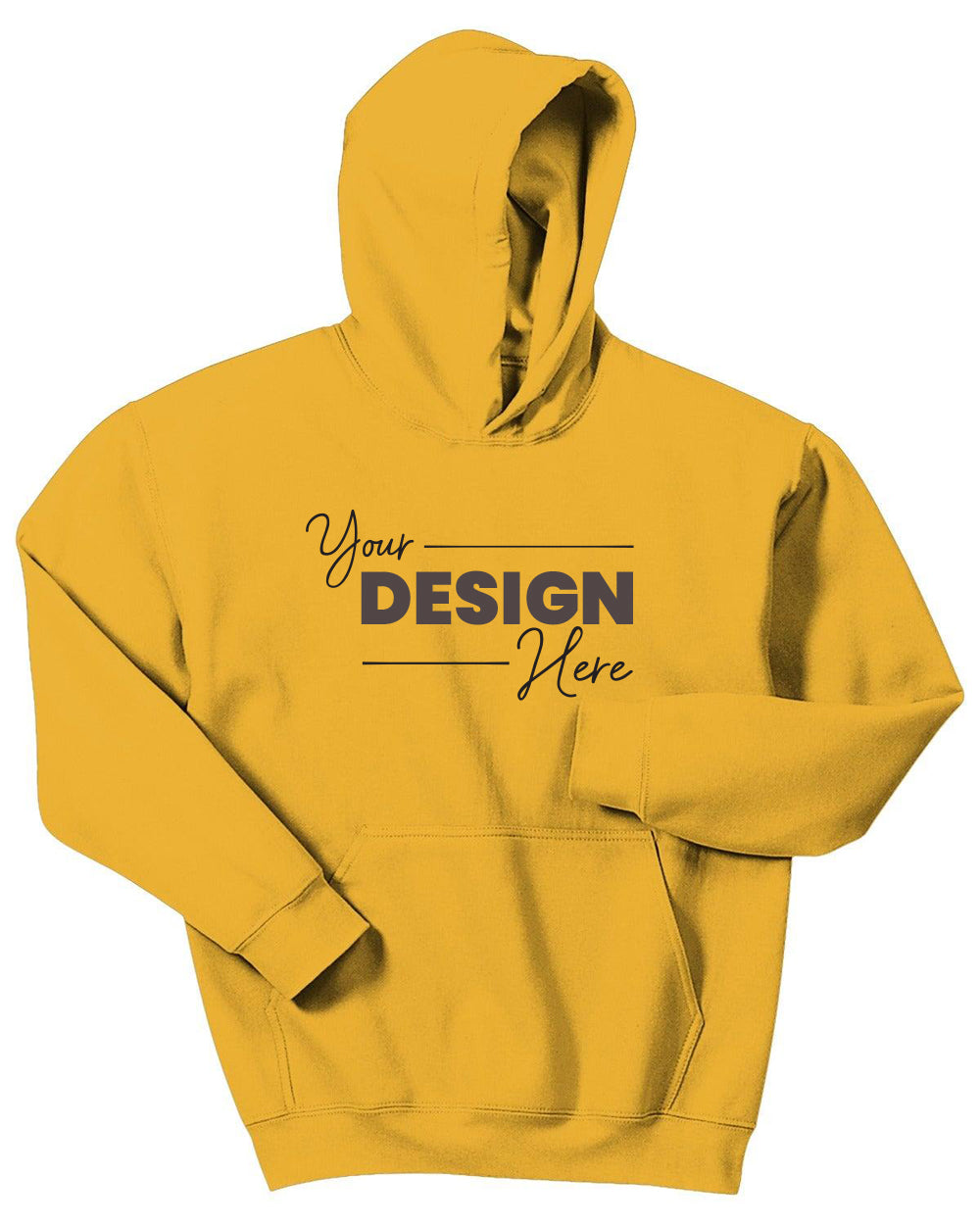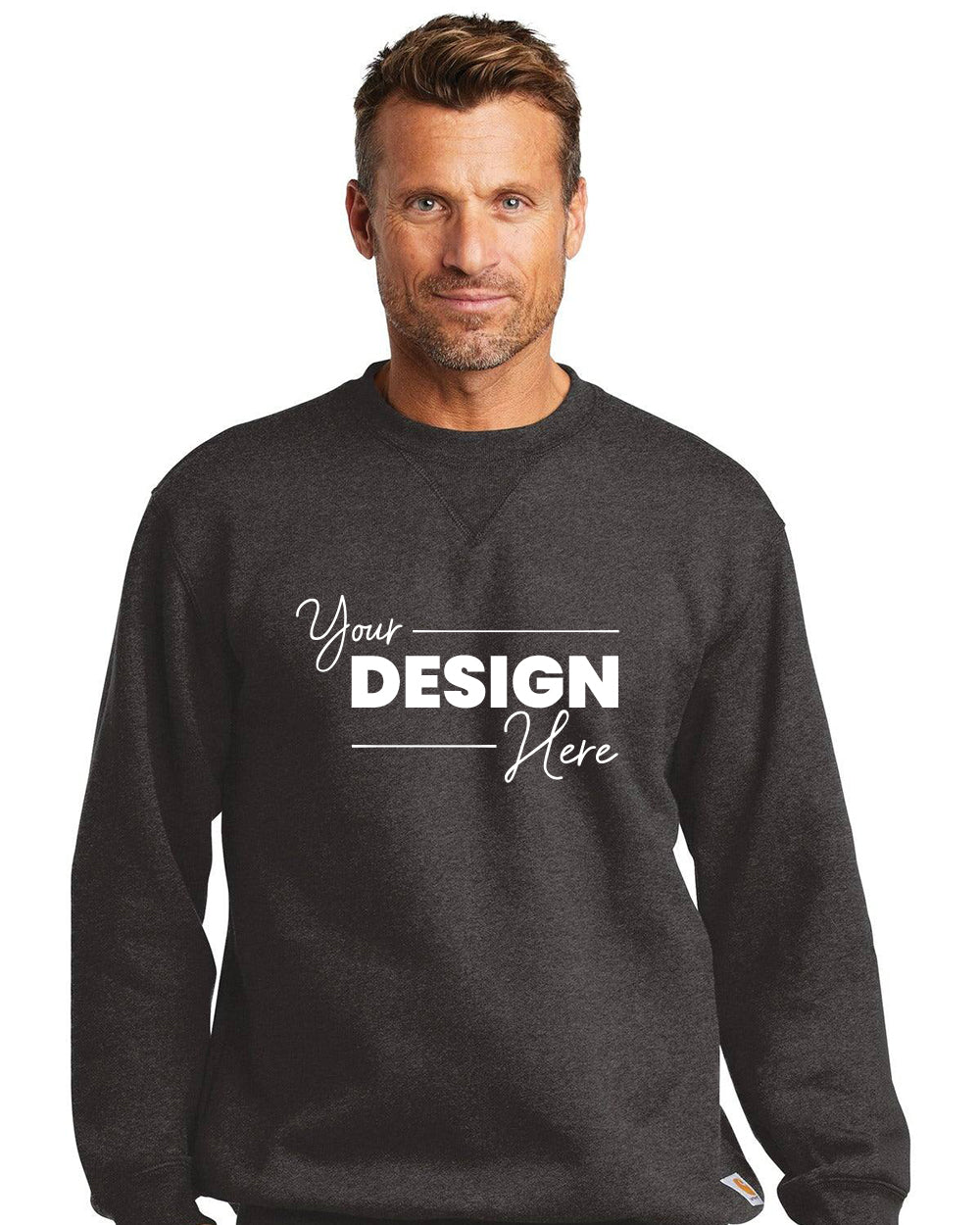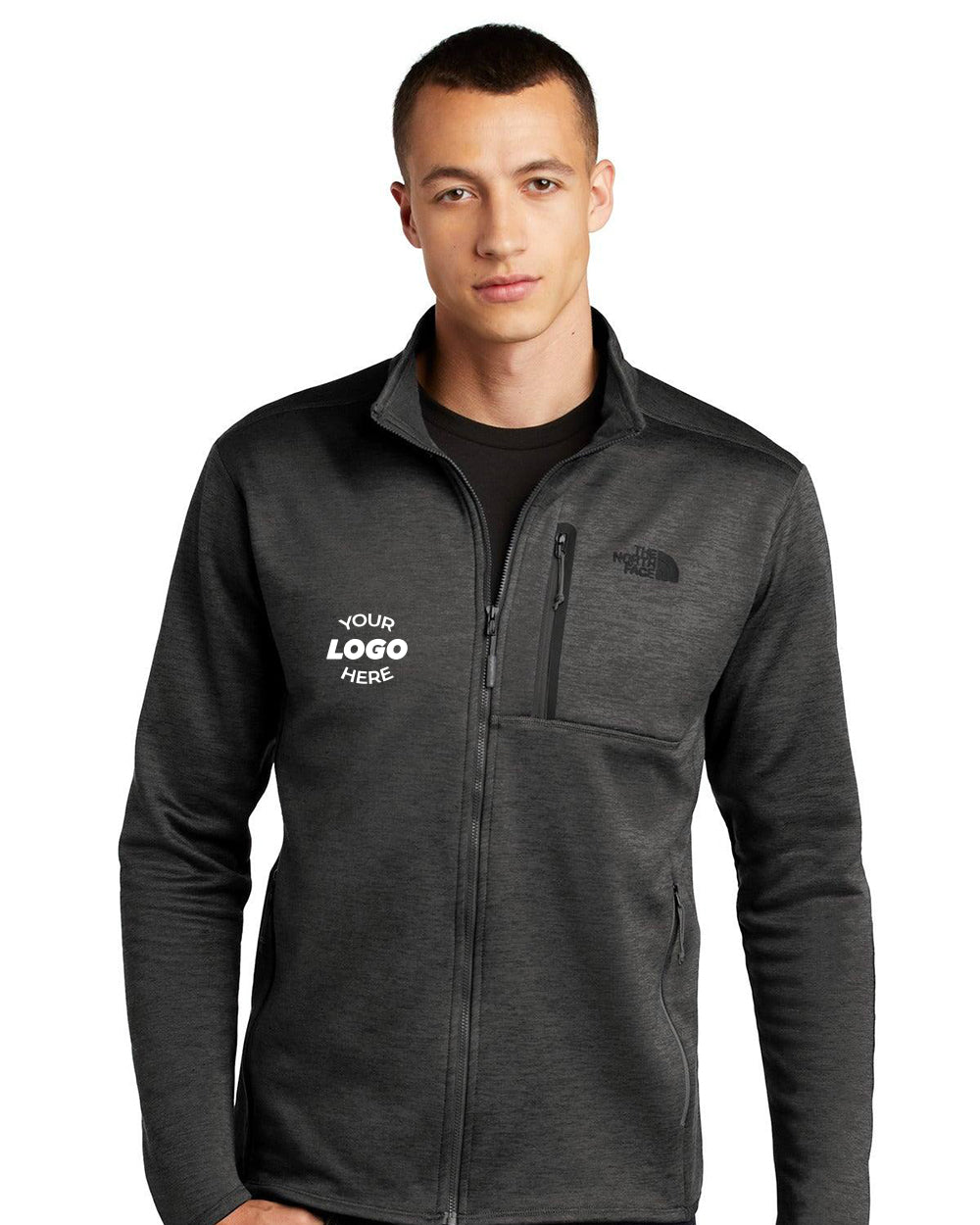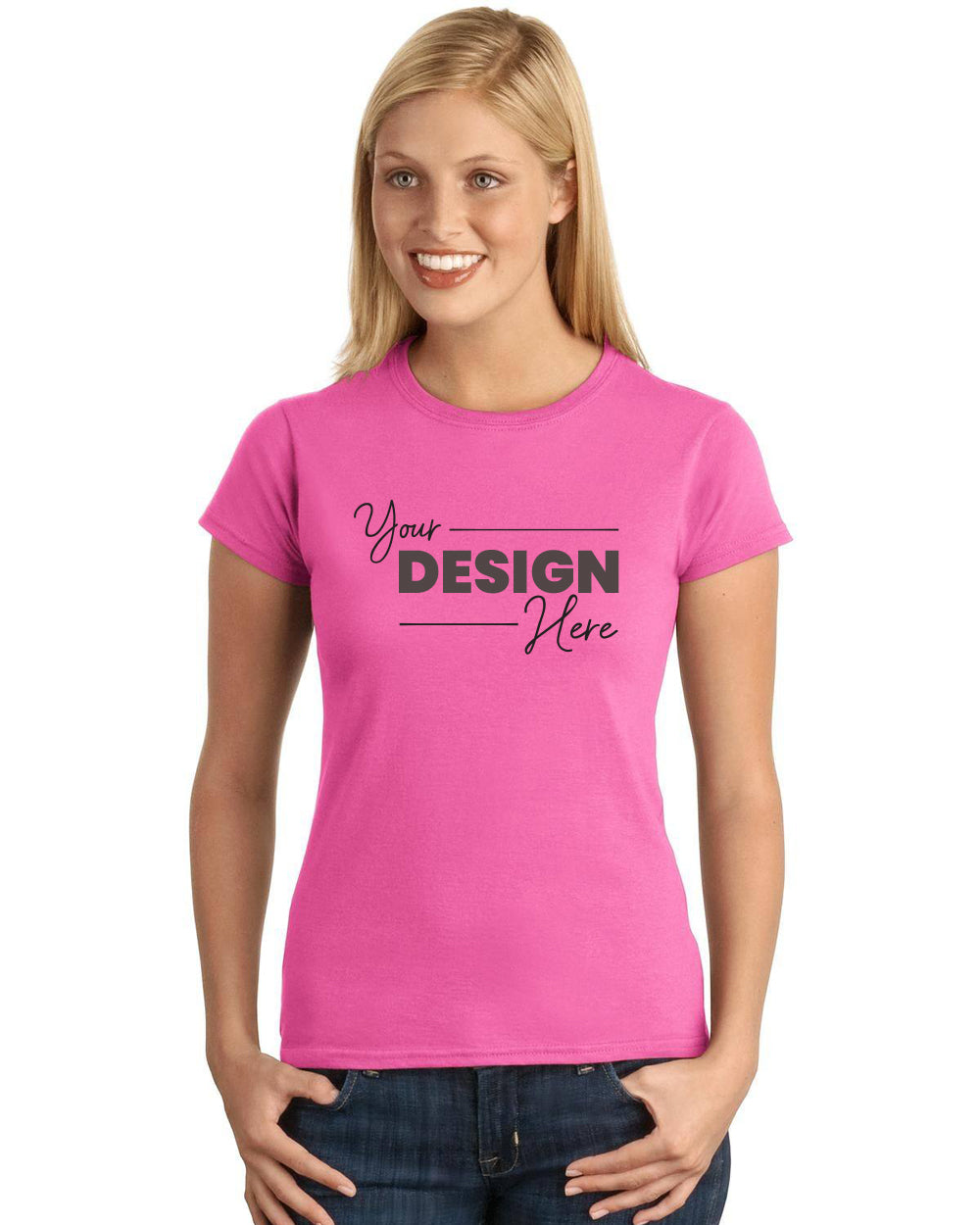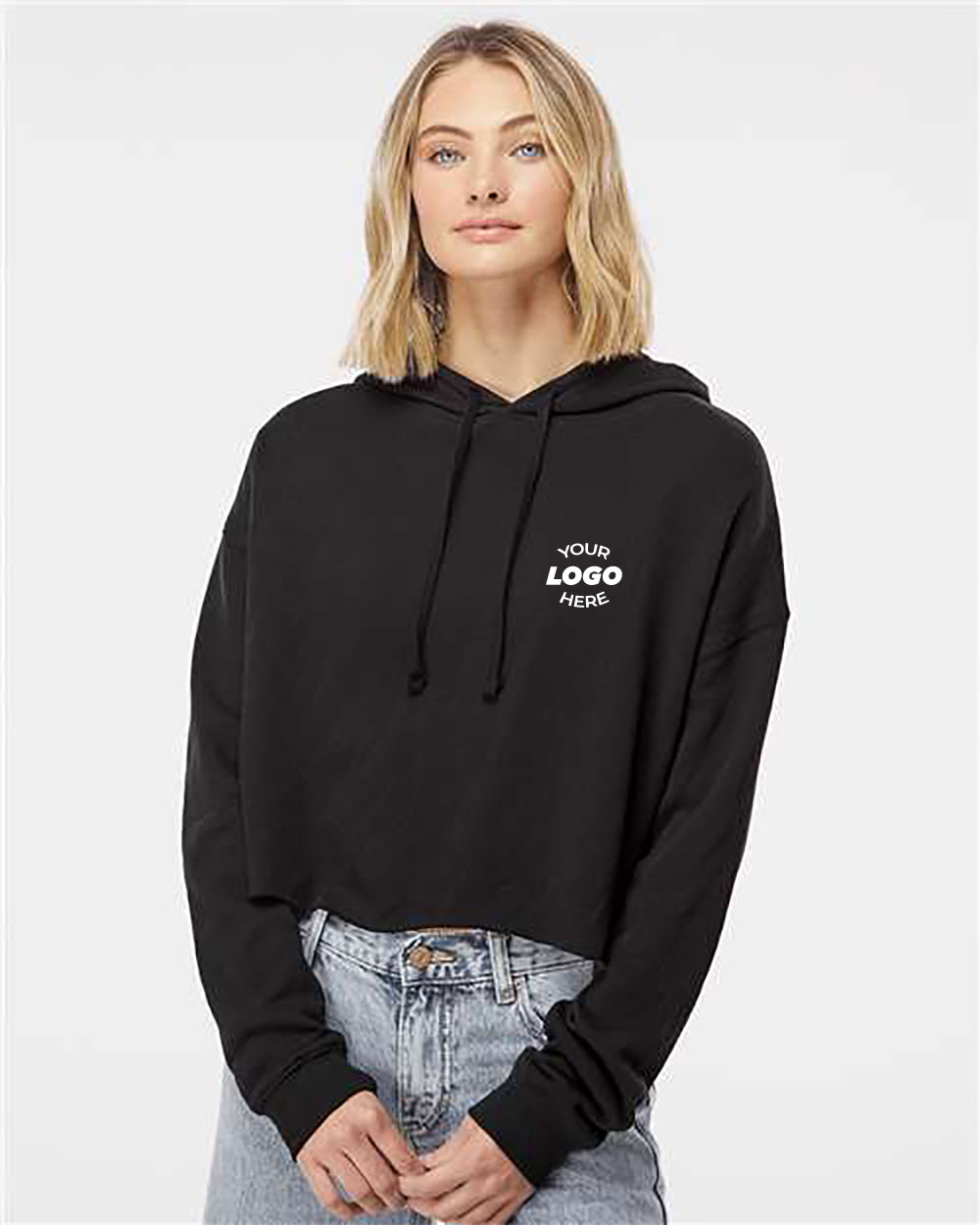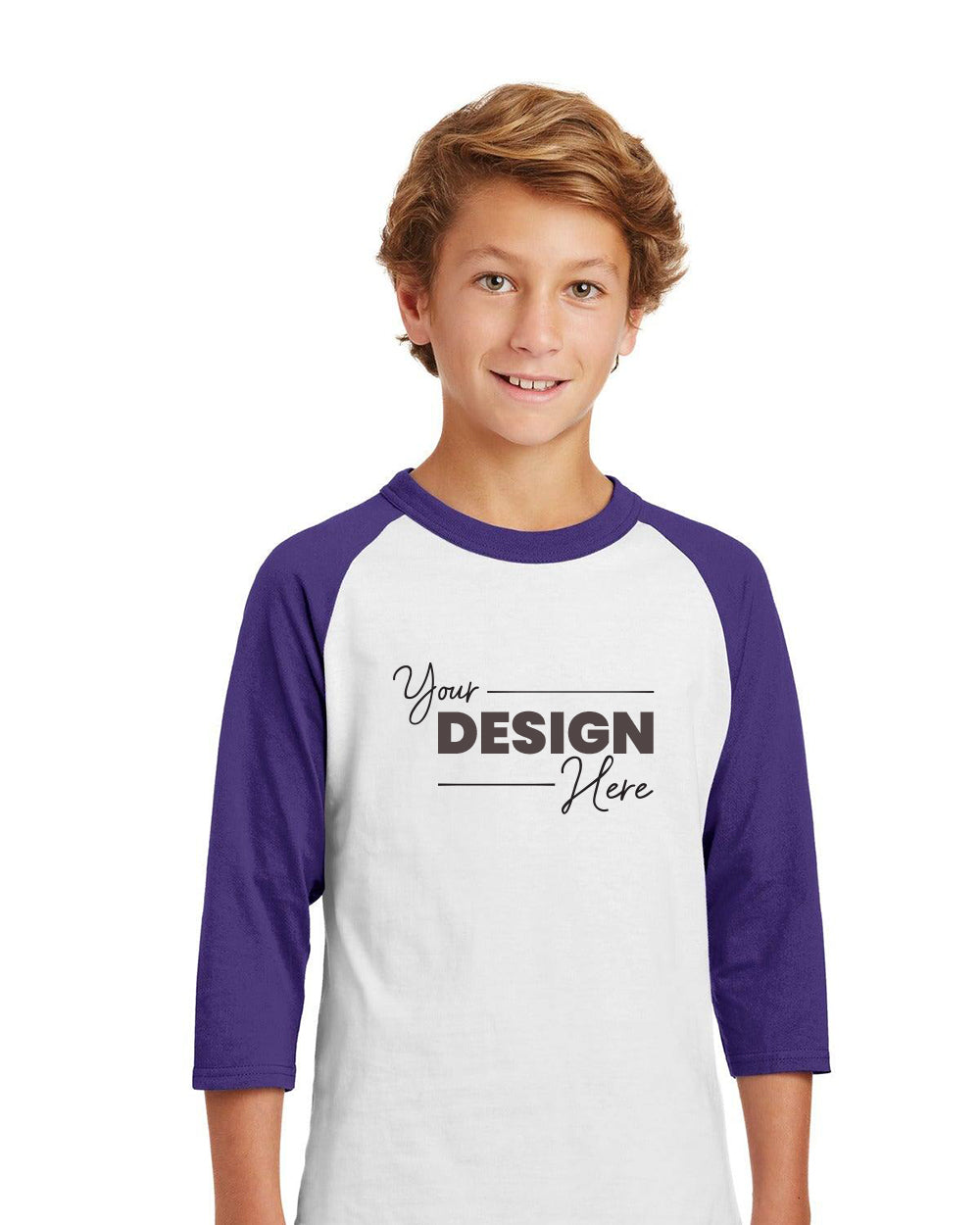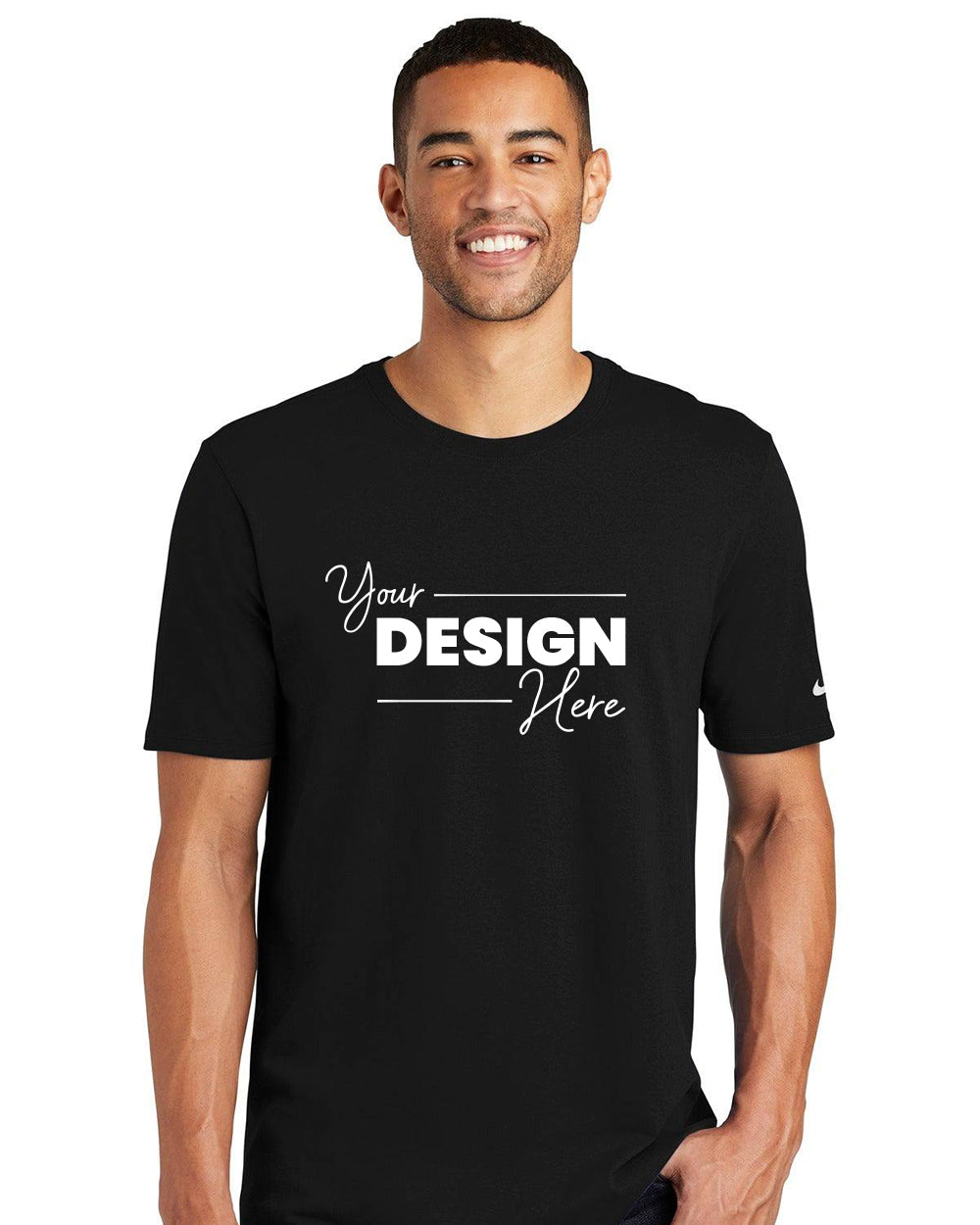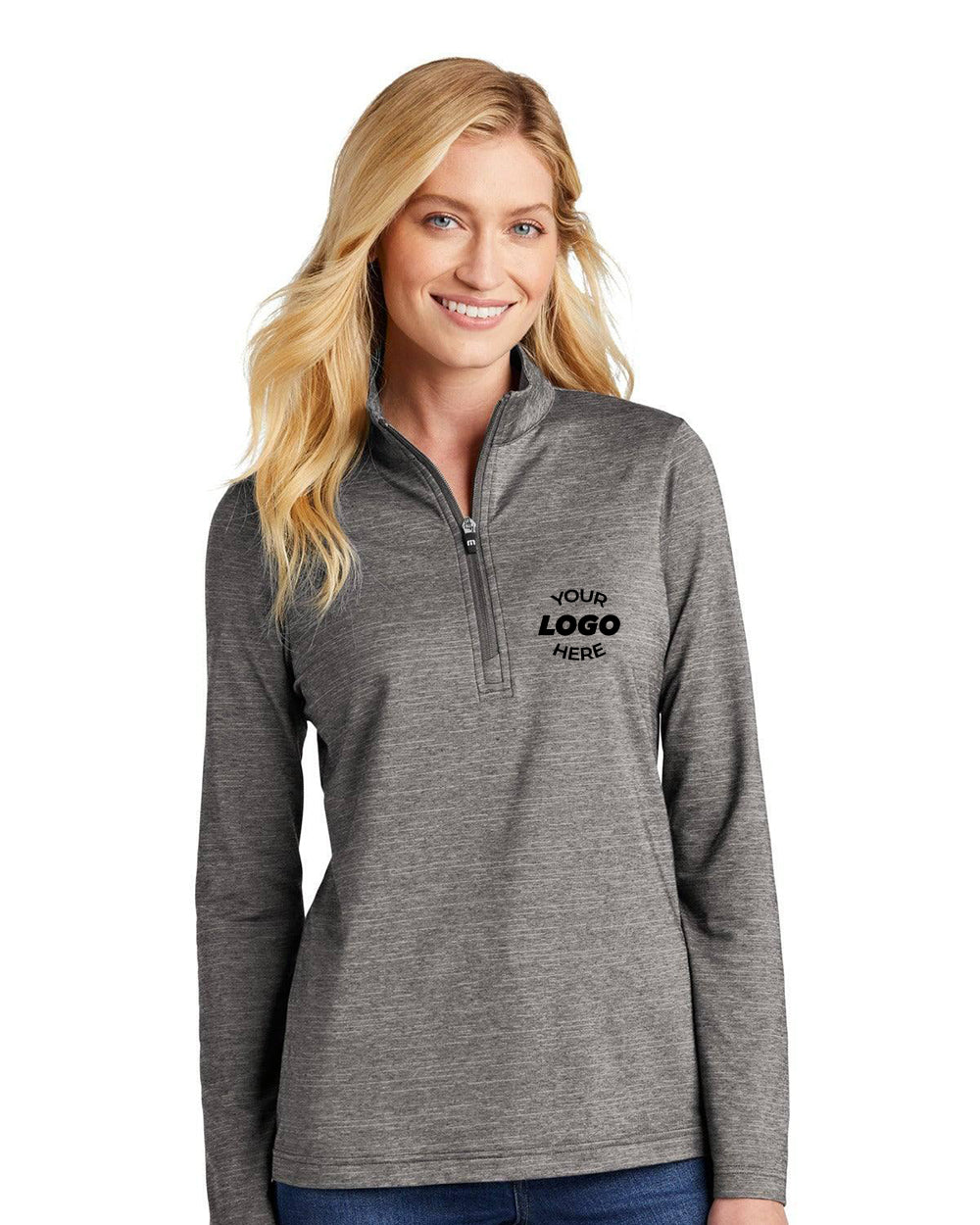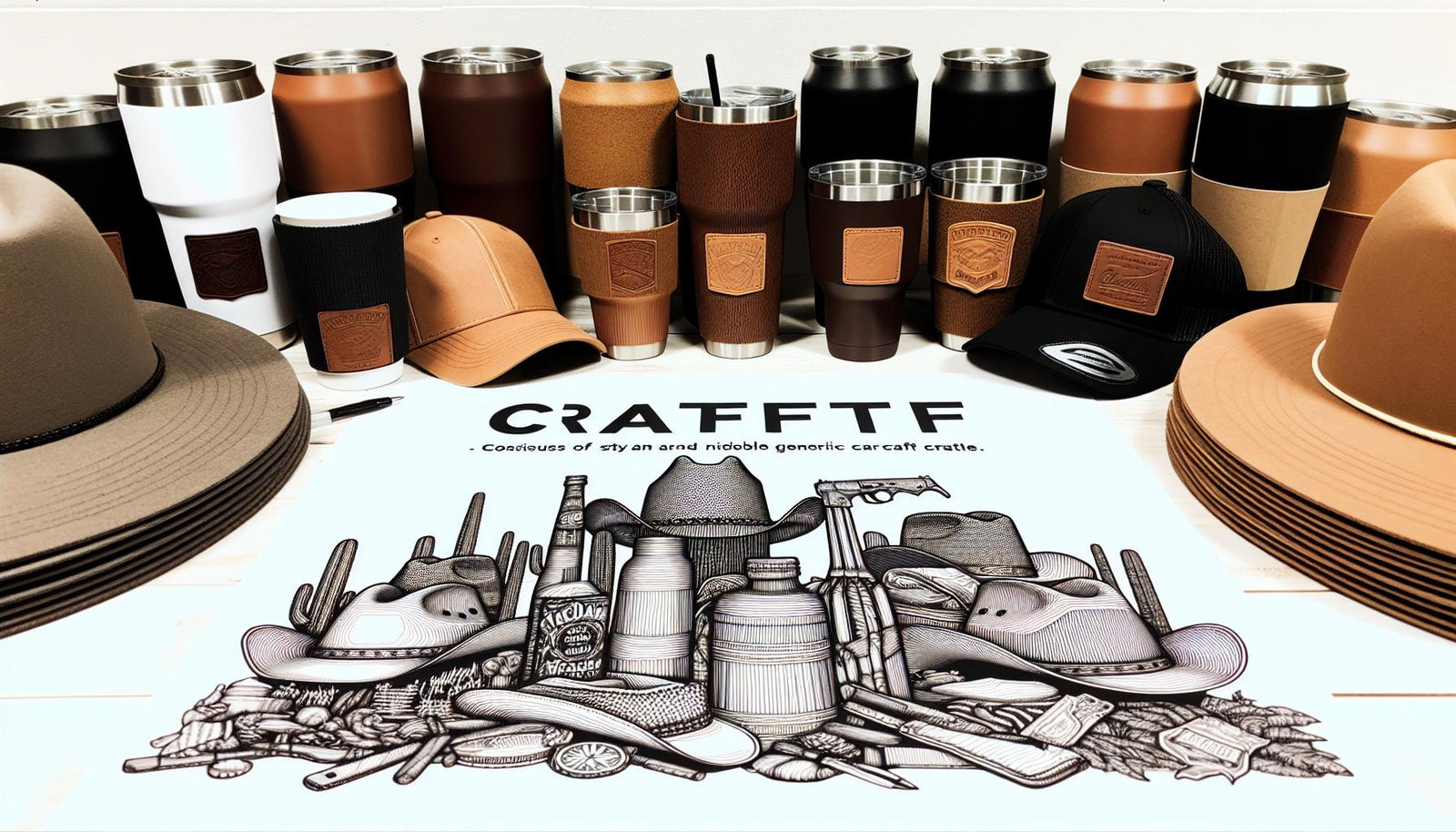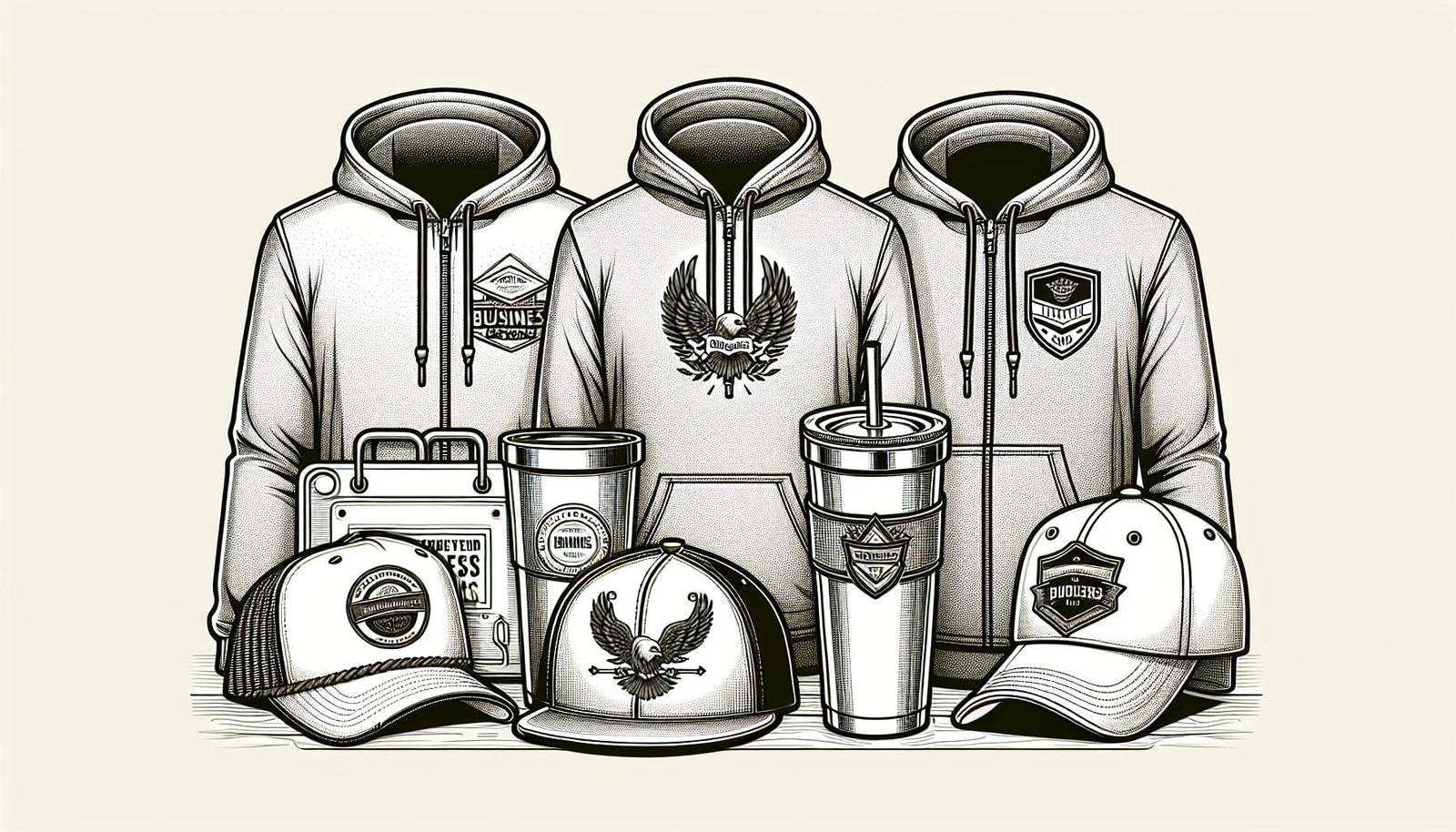-
DEALS
- Black Friday Sale
-
Package Deals: T-shirts
-
Package Deals: Long Sleeve
- Package Deals: Crewnecks
- Package Deals: Hoodies
- Shop All
-
Custom Drinkware
-
Custom Water Bottles
-
Custom Coffee Mugs
-
Custom Wine Cups
-
Custom Can Coolers
- Add Backside Logo or Names
- Custom Drinkware - No Minimal Order
- Add Priority Processing
- Accessories & Replacement
- Shop All Custom Drinkware
-
Custom Apparel
-
Custom Women's
-
Premium Brands
-
Custom Backpacks
-
Resources
-
Account
- Print on Demand App
Deals
SHOP BLACK FRIDAY DEALS
BEST SAVINGS ON NEW STYLE DRINKWARE!
Custom Drinkware
FEATURED PRODUCT
FEATURED PRODUCT
FEATURED PRODUCT
FEATURED PRODUCT
Custom Hats
Custom Apparel
FEATURED PRODUCT
FEATURED PRODUCT
FEATURED PRODUCT
FEATURED PRODUCT
FEATURED PRODUCT
FEATURED PRODUCT
FEATURED PRODUCT
FEATURED PRODUCT
FEATURED PRODUCT
FEATURED PRODUCT
FEATURED PRODUCT
FEATURED PRODUCT
Is Selling Promotional Items Legal? Essential Tips & Guidelines
Post by Rob Diederich April 04, 2024 7 min read

Contents
Have you ever stumbled upon a promotional item you received at an event or with a purchase and wondered, "Can I sell this?" It's a common question that many of us have faced, especially when we find ourselves with branded merchandise we no longer need or want. The legality of selling these items isn't always black and white, and it's crucial to understand the nuances before you list that limited edition T-shirt or collectible item for sale.
Navigating the legal landscape of selling promotional items can be tricky. Laws and regulations can vary significantly depending on the item in question and where you're planning to sell it. I've dug into the specifics to help you understand what's at stake and how you can sell promotional items without stepping on the wrong side of the law. Let's dive into the details and clear up the confusion once and for all.
Understanding Promotional Items
When I delve into the realm of promotional items, it's essential to grasp what exactly falls under this category. Promotional items, often received at events or with purchases, are branded merchandise designed to increase brand awareness. These can range from custom tumblers to leather patch hats, each bearing the distinctive logo or message of a brand. Understanding the nature of these items is crucial for accurately navigating the legalities of reselling them.
At the heart of promotional items lies the intent with which they are distributed - for free. This aspect plays a significant role in the legal considerations surrounding their resale. It’s not just about whether you can sell them but also understanding the implications of doing so. For instance, selling a product received for free might seem straightforward, but the branding and promotional intent behind the item introduce a layer of complexity.
Taking a closer look at the items themselves helps illuminate this complexity. Custom tumblers, for example, are a popular promotional giveaway. They're practical, have a high perceived value, and their usage in daily life offers the brand continuous exposure. Considering selling such items? You might want to check out our Custom Tumbler Collection to understand the variety and value these items hold. Similarly, our Custom Leather Patch Hats showcase how branded apparel items play a significant role in promotional strategies, making them equally intriguing in the resale market.
Navigating the nuances of selling promotional items involves understanding not just the legal landscape but the promotional products industry as well. Whether it’s the material value of the item or its role in marketing strategies, each aspect contributes to framing the rules around resale. For those interested in exploring a wide range of promotional products, I always recommend visiting our Home Page where you can get a sense of the diversity of items used for brand promotion and their potential resale considerations.
Laws and Regulations Regarding Selling Promotional Items

When I first delved into the world of promotional items, I was immediately struck by the widespread enthusiasm for products like custom tumblers and leather patch hats. Yet, alongside this excitement, there's a critical need to understand the legal landscape that governs the resale of these items.
Navigating the complexities of laws and regulations surrounding promotional items is crucial. In the U.S., the general stance is that once a promotional item is given freely, it becomes the property of the recipient. This means that, in many cases, recipients are legally able to sell these items second-hand. However, there are exceptions and nuances depending on the nature of the promotional item and how it's marketed.
For example, copyrighted material and trademarks can complicate the resale process. Selling a promotional item that features a highly recognizable brand logo without permission can lead to legal issues. Additionally, there are specific terms and conditions that may come with certain items that restrict their resale. It's important to carefully read any accompanying documentation with your promotional product to avoid inadvertently violating these terms.
To navigate these legal waters more safely, I recommend paying close attention to the following:
- Resale laws that pertain specifically to branded promotional items in your jurisdiction.
- Copyright and trademark laws to ensure you're not infringing on a brand's intellectual property.
- Terms and conditions that come with promotional items, paying attention to any restrictions on resale.
Discovering a wide range of promotional products on our Home Page can offer valuable insight into the versatility and potential legal considerations of these items. Whether you're drawn to our Custom Tumbler collection or our unique selection of Custom Leather Patch Hats, understanding the legal framework that surrounds selling promotional items is essential for anyone looking to explore this avenue.
Differentiation between Promotional Items and Counterfeit Goods

When delving into the realm of promotional products like our custom tumblers or custom leather patch hats, it's crucial to understand the thin line separating them from counterfeit goods. While both may appear similar at first glance, legally and ethically, they stand worlds apart.
Promotional items are legitimate products that companies distribute freely to promote a brand, event, or service. These items become the property of the recipient upon receipt, making them eligible for resale under most circumstances. On the flip side, counterfeit goods are unauthorized replicas of real products, designed to deceive and mislead consumers by mimicking the appearance and trademarks of legitimate items without authorization. Selling counterfeit products is not only illegal but also damages the reputation of the brands imitated and the sellers involved.
To safeguard against inadvertently dealing in counterfeit goods while managing promotional items, I adhere to a few key principles:
- Source verification: I always ensure that promotional items, like those available on our home page at Kodiak Wholesale, are sourced directly from the brand or authorized distributors. This practice virtually eliminates the risk of encountering counterfeit items.
- Trademark scrutiny: I pay close attention to the trademarks and branding on promotional items, confirming their authenticity. This is particularly important for items with high counterfeit rates in the market.
- Documentation review: Before selling any promotional item, checking for accompanying documents that verify its status as a promotional product helps affirm its legitimacy.
Understanding the distinction between promotional items and counterfeit goods is paramount for anyone considering the resale of promotional products. By focusing on source verification, trademark scrutiny, and diligent documentation review, sellers can navigate this space confidently, avoiding the pitfalls associated with counterfeit goods while leveraging the benefits of promotional items.
Tips for Legally Selling Promotional Items

When it comes to selling promotional items, navigating the legal landscape can seem daunting. However, with some due diligence and the right approach, you can ensure your business thrives without stepping into murky legal waters. Here are my tips for selling promotional items legally.
Firstly, understand the difference between promotional items you're allowed to resell and those you're not. Generally, products acquired legally, like those from overstock or with permission from the brand, are fair game. This distinction is crucial in steering clear of potential legal issues. For unique and customizable options, our Custom Tumbler collection and Custom Leather Patch Hats offer great opportunities for reselling promotional items with a personal touch.
Next, always verify the source. Purchasing directly from reputable suppliers or manufacturers ensures the products are legitimate and not counterfeit. Establishing a trustworthy relationship with suppliers is key to a sustainable business model. Additionally, keeping detailed records of purchases can serve as proof of your items' authenticity.
Another essential step is respecting trademarks and copyrights. Ensure any branding or logos used in the products you sell are not infringing on intellectual property rights. This means you should have explicit permission or licensing agreements if you're selling products with recognizable brands or logos not owned by you.
Lastly, stay informed about local laws and regulations. Legal guidelines on selling promotional items can vary significantly from one jurisdiction to another. It's vital to understand the specific requirements and restrictions in your area to avoid legal pitfalls.
By following these guidelines and utilizing resources like our expansive selection at Kodiak Wholesale, you can navigate the intricacies of selling promotional items with confidence. Remember, the key is to be meticulous, ethical, and always on the lookout for opportunities to innovate within the legal framework.
Conclusion
Navigating the resale of promotional items doesn't have to be a legal minefield. With a clear understanding of the do's and don'ts, I've found that it's entirely possible to operate within the law. The key lies in respecting intellectual property rights, sourcing products ethically, and keeping abreast of the regulations that govern this space. By adhering to these principles and leveraging resources like Kodiak Wholesale, I'm confident in my ability to sell promotional items not just legally, but also ethically and successfully. Remember, staying informed and meticulous in record-keeping are your best defenses against legal pitfalls in this venture.
Frequently Asked Questions
What are the key considerations for legally selling promotional items?
To legally sell promotional items, it's crucial to understand which products can be resold, ensure you're acquiring goods from reputable suppliers to avoid counterfeits, respect trademarks and copyrights, keep detailed purchase records, and stay informed about local laws to navigate the legal landscape successfully.
How can I avoid selling counterfeit goods?
Avoid selling counterfeit goods by sourcing your promotional products from reputable suppliers. Ensuring the authenticity of your items is essential in maintaining legal compliance and building trust with your customers.
Why is it important to respect trademarks and copyrights when selling promotional items?
Respecting trademarks and copyrights is vital to avoid legal issues such as lawsuits and fines. This adherence not only protects the original creators and owners' intellectual property rights but also ensures your business operations remain ethical and legal.
What role do purchase records play in selling promotional items legally?
Maintaining detailed purchase records plays a critical role in selling promotional items legally. These records provide proof of authenticity, help in verifying the legal acquisition of the products, and are essential during audits or legal inquiries.
How can staying informed about local laws benefit sellers of promotional items?
Staying informed about local laws benefits sellers by helping them understand the specific requirements and regulations in their area, thereby avoiding legal pitfalls. Knowledge of these laws ensures sellers operate within legal boundaries, promoting ethical and compliant business practices.
What is Kodiak Wholesale, and how can it assist in selling promotional items legally?
Kodiak Wholesale is a supplier known for providing high-quality, legal promotional products. Utilizing resources like Kodiak Wholesale can help sellers operate ethically and innovatively within legal boundaries by ensuring they have access to authentic and legally-sourced items for resale.
Rob Diederich
Promotional Products tips & trends, delivered right to your inbox.
Join over 10,234 business owners that receive Weekly Updates from Kodiak’s Blog Newsletter.
- Get expert tips for on Custom Products
- Stay up to date on the latest Kodiak news
- Delivered to your inbox monthly
Loved by Business Owners everywhere...
"My favorite marketing newsletter I’m subscribed to.”
— Faith Storey, Growth Manager @ Contrarian Thinking
Subscribe
Sign up to get the latest on sales, new releases and more …









